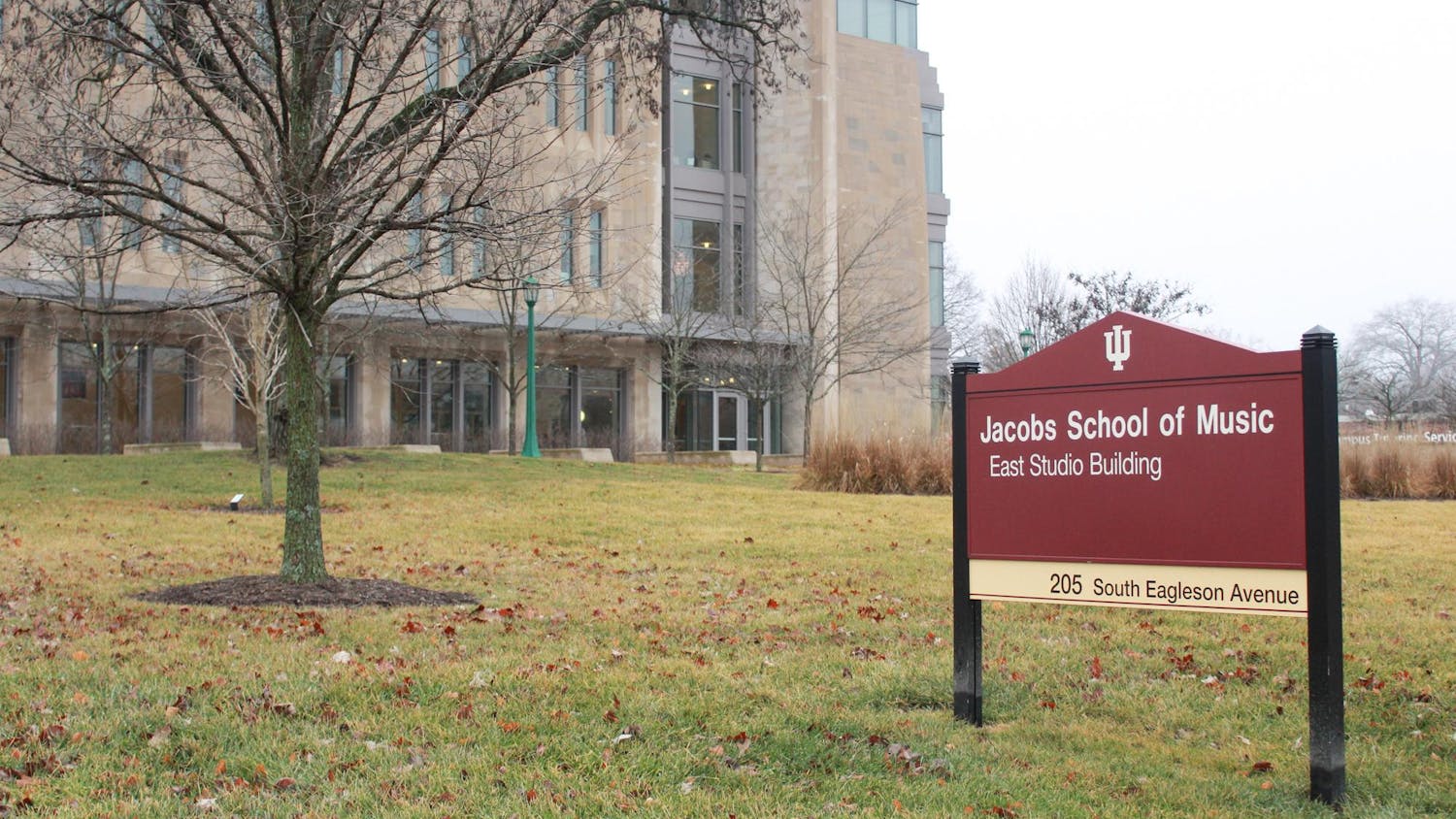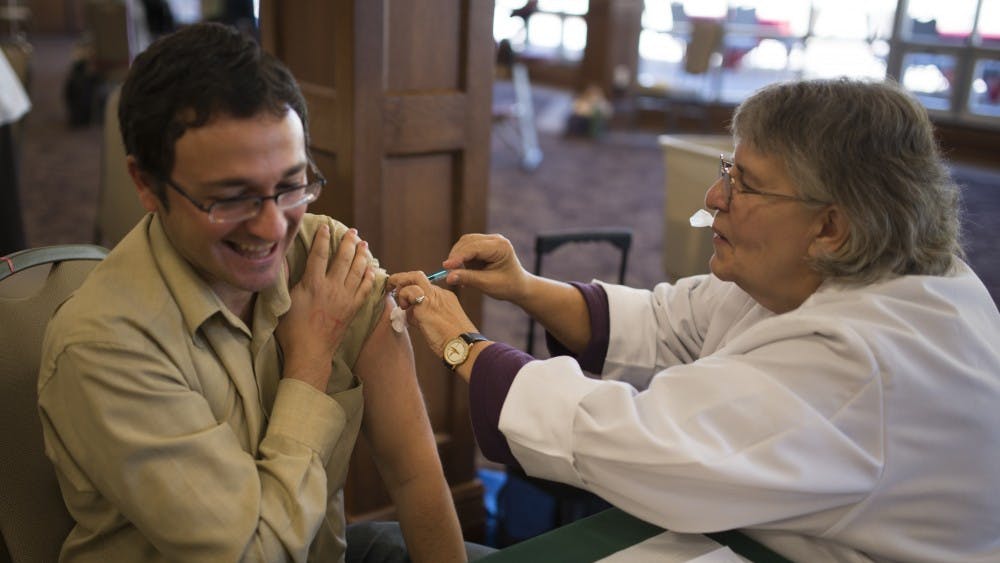This month, IU Muslim students are fasting in observance of Ramadan, a time of spiritual reflection and self-sacrifice observed during the ninth month of the Islamic calendar.
The fasting, which includes abstinence from water as well as food, begins at sunrise and ends at sundown with prayer and a meal called iftar.
But some say fasting is difficult in college because students have to balance so many responsibilities.
“As a college student, I don’t fast the way I should with regards to eating proper meals, so I’m tired a lot,” said sophomore Maria Khan, social event coordinator co-chair on the executive board of the IU Muslim Student Union. “Sometimes I don’t even wake up to eat breakfast because I’m too tired.”
Junior Aasiya Mirza said it’s also tough to balance a college schedule with healthy fasting.
“It takes a lot bigger toll than I usually expect,” she said. “When you’re on a college campus walking, not drinking water and engaging in mental, as well as physical activity, it does exhaust you.”
However, Mirza adds that there are strict rules in place to ensure the safety of Muslims during Ramadan fasting.
People who are sick or diabetic or are using any kind of medication are called to refrain from the fast.
“You aren’t ever supposed to fast to your physical detriment,” she said. “Unless you’re completely physically capable of handling it, you shouldn’t fast.”
Along with the obvious physical dangers of fasting when one is not completely capable, Mirza said that doing so can take away from the spiritual aspect of Ramadan as well.
“The point is to make you physically and spiritually cleaner,” she said. “If you’re not healthy, you can’t focus on the spiritual aspects of it.”
Taking simple precautions can help students avoid health problems while fasting, said Alice Lindeman, an associate professor in the Applied Health Science Department.
“It is always recommended that you eat lighter, because if you do eat heavier, you’re going to have these intense ups and downs in your blood glucose,” she said. “It’s no different than on a weight reduction diet, in that it’s easier to tolerate if you eat several smaller meals instead of one big meal.”
The fast can be a very healthy activity, she said, because of the nature of reduced activity during the day and the body’s reaction to consuming less fuel.
“When you decrease your metabolic output, it’s easier to handle less food,” she said. “You can accommodate and get used to being full after a smaller meal over time.”
Fasting takes a toll during Ramadan
A few simple precautions can help students avoid health problems
Get stories like this in your inbox
Subscribe





